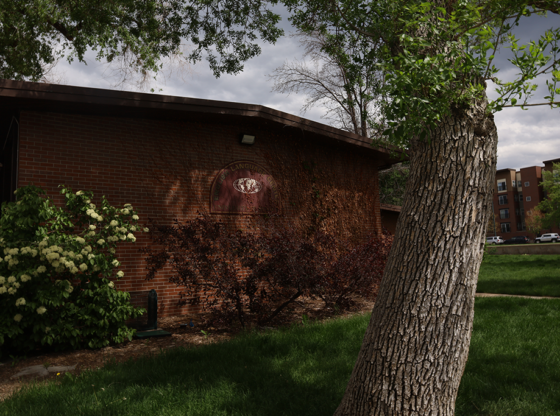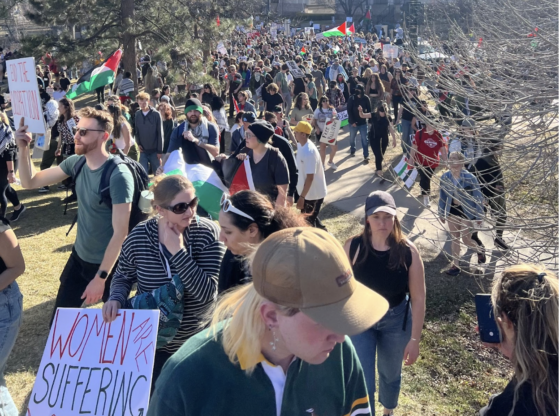When a famous person comes to a university, you will hear about it. The presidential debate that DU hosted in 2012 is still mentioned in prospective student tours and anybody interested in the Josef Korbel School of International Studies will likely hear about our famous alumna, Condoleezza Rice.
Famous speakers are a point of pride at universities, but, quite frankly, they don’t add to students’ academic experiences. The most valuable speakers at universities are those who have a unique perspective, which happens to coincide with lesser-known people.
I first thought of the role of speakers on-campus while attending an event this week at the Korbel school with General George Casey, former Army Chief of Staff. The discussion was interesting and allowed a small group of international studies students to ask questions from a security perspective.
However, the answers were also very predictable. Gen. Casey still plays an important role in the Army’s perspective of security and his answers reflected as much: sectarian violence in Iraq would have occurred whether or not the United States invaded and furthermore, Iraq was a purely strategic mission, without the influence of oil or Israel.
I underwent nearly the same experience last year at a talk by Brazilian Ambassador to the United States, Mauro Vieira. His perspective on Brazilian-U.S. relations was textbook Brazilian policy, as would be expected from a man whose job is to represent Brazilian policy. It offered few new perspectives on the country.
Famous speakers and politicians typically have too many vested interests to bring meaningful discussion to students because meaningful discussion oftentimes means talking about potentially risky subjects or opening up to possibilities other than expected from your affiliation.
This pattern pervades across many speaking events. President Obama, Kerry Washington, Supreme Court Justice Antonin Scalia and Thomas Friedman were all valuable experiences for bragging rights, but their actual speeches and discussions were the least enriching to my academic experience.
The best discussion I ever attended was actually a panel on women’s justice in Iran. The panelists were merely friends of my Farsi professor at George Washington University, but their research was unique, specific and they were not too famous to prevent discussion of potentially controversial issues. As a result, I learned a lot about Iran, women in Iran and the interaction between the two.
It was a subject I didn’t know a lot about, but incredibly applicable to my studies of International Affairs. It was also at a time when Iran was acclimating to a new president, so I learned a new perspective on the issue than what would be expected from American newspapers.
In short, famous speakers are more of a bragging right to universities and students. Universities should be active in recruiting speakers who have few vested interests and unique perspectives.
From what I’ve seen at DU, the various academic programs offer these types of speakers. Just in the past week, I’ve seen flyers for events from a variety of speakers on a variety of issues, from development conferences to internal DU programs.
There are plenty of opportunities for students to gain new perspectives on their studies from people who spend their lives working with the issues. Students should also be active in seeking speaker events that offer unique perspectives and issues. Maybe the next speaker event will address what will become the focus of your future career.











